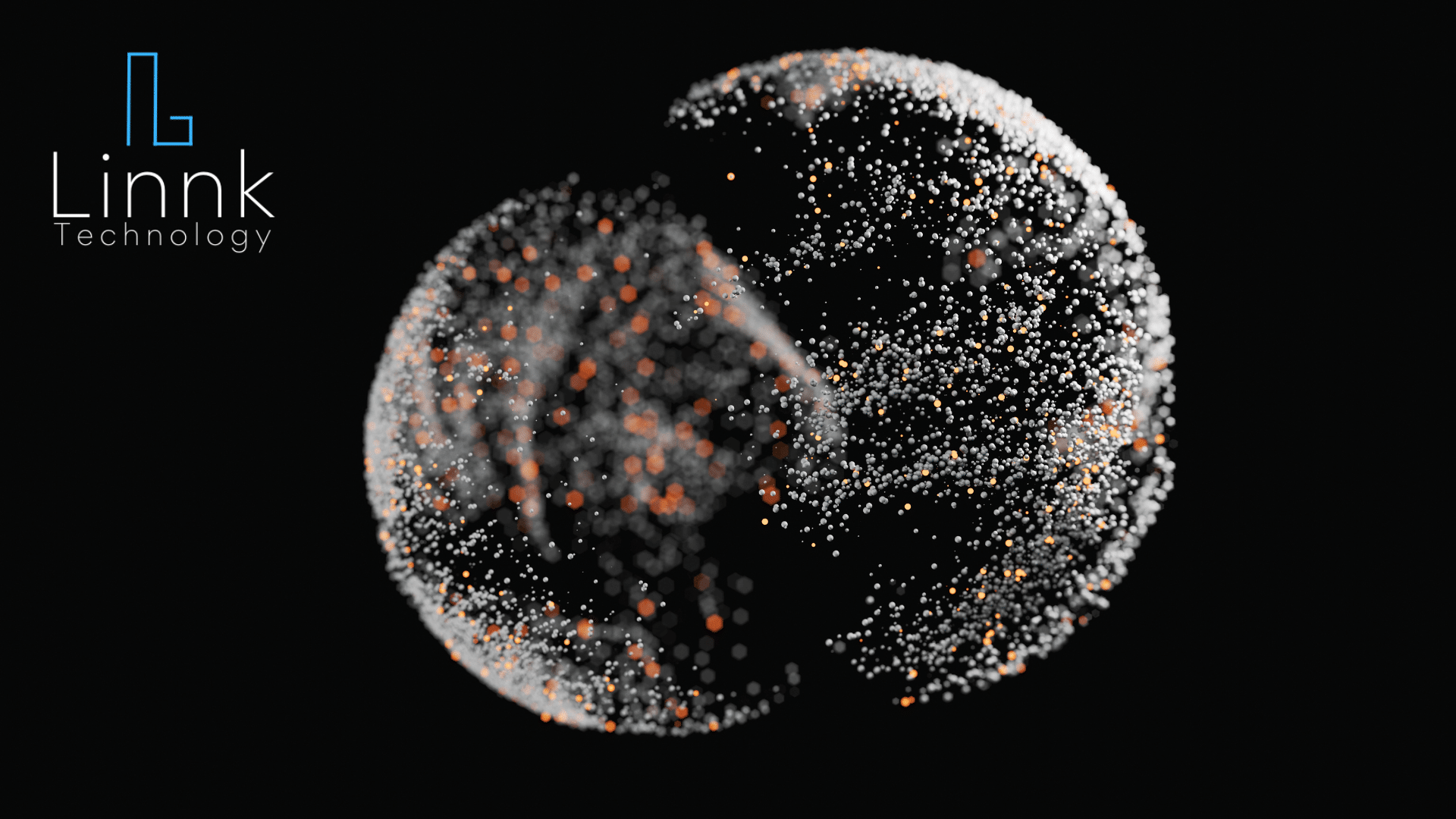The Quantum Internet: An Uncrackable, Super-Fast Future Network
Related Articles

The internet as we know it is about to be taken to the next level. Researchers around the globe are racing to develop the “quantum internet” – an ultra-secure network that leverages the same physics that underpins quantum computers. This futuristic network promises unbreakable security, blistering speeds, and scientific breakthroughs.
Harnessing the Weird Science of Quantum Mechanics
So how does it work? The key lies in the strange science of quantum mechanics. Subatomic particles can exist in a state of “superposition” – essentially being in two places at once. This allows quantum computers to process complex calculations at blinding speeds.
Another phenomenon called “entanglement” occurs when the properties of particles become intrinsically linked, regardless of the physical distance between them. This can be harnessed to enable uncrackable encryption.
“Quantum mechanics allows you to do things that would otherwise be impossible in the classical world,” explains Dr. Jonathan Baugh, Professor of Physics at the University of Oxford. “It opens new capabilities for computing, cryptography and communication.”
Unhackable Networks Through Quantum Cryptography
One of the most promising near term applications of quantum internet technology is enhanced cybersecurity. Quantum cryptography systems leverage quantum entanglement to create encryption keys that are unbreakable by any conventional computer.
China already operates a 2,000 km quantum network for government and military use. Germany and other European countries are also testing quantum cryptography networks. By 2027, the global market for quantum cryptography is projected to reach $3.7 billion.
Linking Quantum Computers for Breakthroughs in Material Science
A quantum internet could also enable breakthroughs in material science by connecting quantum computers together. Quantum computers harness superposition and entanglement to solve complex problems beyond the reach of classical supercomputers. By pooling the power of multiple quantum machines, previously impossible quantum simulations could be run.
“Quantum computers have the potential to simulate the properties of materials at the subatomic level to speed up research into areas like renewable energy,” explains Dr. Baugh.
Experts predict that even connecting two quantum computers together via quantum internet could double their processing power.
Paving the Way for a Quantum IoT Revolution
Quantum technology could also transform and secure the Internet of Things (IoT), which already includes over 10 billion connected devices worldwide. By integrating quantum sensors and communications into smart devices, a Quantum IoT could enable unparalleled accuracy.
Autonomous vehicles outfitted with quantum sensors, for example, could have much stronger awareness of their surroundings, preventing accidents. And quantum encryption could protect internet-connected appliances and manufacturing equipment from cybersecurity threats.
Overcoming Key Challenges
Developing large-scale quantum networks presents enormous engineering obstacles. Photonic quantum signals weaken rapidly as they travel over fiber optic networks, limiting distance. And quantum memory and processing units are still limited in capacity.
Governments are investing heavily in quantum R&D – the US passed the National Quantum Initiative Act funneling $1.2 billion into quantum research over 5 years. And private companies like IBM, Intel, and Google are also racing to overcome the barriers.
“Realistically, it may take a decade or more to create a large-scale quantum internet,” says Dr. Baugh. “But if we do succeed, it promises a revolution in how we process and share information.”
The quantum internet opens the door to a radically new kind of network with capacities that are unimaginable with current technology. While significant challenges remain, solving them could reshape the future of communication, security, and computing.


